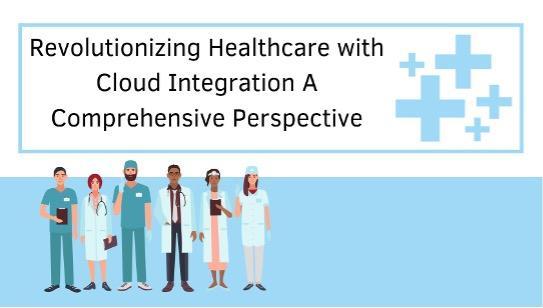
In an era of digital transformation, Praveen Kumar Valaboju offers a groundbreaking roadmap to modernize healthcare systems. Integrating technologies like CI/CD automation, Kubernetes, and AI-powered workflows revolutionizes operations, enhancing efficiency, accuracy, and adaptability. This article explores the transformative potential of these innovations to address evolving healthcare challenges and improve patient outcomes.
Automating Efficiency: CI/CD in Healthcare
Continuous Integration and Continuous Deployment (CI/CD) have reshaped software development across industries, and healthcare is no exception. By implementing automated pipelines, healthcare organizations can significantly boost productivity, reduce manual deployment tasks, and ensure faster application updates. These automation tools enable teams to focus on healthcare-specific challenges, delivering bug fixes and feature updates seamlessly—factors critical in life-critical environments.
Docker containers enhance CI/CD processes, ensuring consistency across development, testing, and production environments. This standardization reduces errors by 50% and expedites deployment times, enabling faster rollouts of critical healthcare applications.
Kubernetes: Scaling Healthcare Infrastructure
Kubernetes, the open-source orchestration platform, is pivotal in creating scalable, cost-efficient healthcare systems. Its dynamic resource management ensures optimal performance, especially during high-demand periods like public health crises. The platform’s ability to reduce operational costs by 40% highlights its efficiency in resource allocation, balancing performance needs with cost containment.
Beyond resource management, Kubernetes guarantees high availability for critical applications. Its failover capabilities ensure uninterrupted access to patient data and services, a necessity for maintaining consistent patient care. In a field where downtime could endanger lives, Kubernetes provides a dependable solution.
Managing Medical Data: Documentum’s Cloud Revolution
The vastness and complexity of medical data—ranging from structured demographics to unstructured clinical notes—demand sophisticated management systems. Documentum’s cloud-based solutions meet this challenge head-on, enabling efficient organization and swift retrieval of medical records. By leveraging advanced metadata management, healthcare providers save time, enhancing administrative efficiency and allowing more focus on patient care.
Another strength of Documentum is its compliance with stringent regulations like HIPAA. It offers secure document handling and audit trails, which ensure patient privacy while providing transparency in data management practices.
Neural Networks: A Leap in AI-Driven Healthcare
Artificial intelligence, particularly neural networks, is a game-changer in healthcare analytics. From pattern recognition in medical imaging to early disease detection, neural networks outperform traditional methods, offering precision that often surpasses human expertise. Their ability to analyze vast datasets paves the way for personalized treatment plans and early interventions, transforming patient outcomes.
AI-powered predictive analytics enhances decision-making, supporting healthcare professionals with actionable insights. Neural networks enable efficient resource allocation and streamline workflows, ensuring that healthcare systems operate efficiently.
Unifying Technologies for Smarter Healthcare
Integrating diverse cloud technologies forms a unified platform, optimizing workflows and enhancing collaboration across the healthcare spectrum. This platform eliminates information silos, enabling seamless data flow and fostering smarter, evidence-based clinical decisions. The result is a system prepared for future challenges that is scalable to accommodate emerging technologies and growing patient demands.
This unified approach reduces costs while improving care quality, offering faster access to information, accurate diagnoses, and customized treatment plans. Such advancements are vital for addressing evolving healthcare trends like precision medicine and remote monitoring.
Pioneering a Future-Ready System
The adaptability of these integrated systems ensures sustainability in an ever-changing healthcare landscape. Their modular design allows the incorporation of new methodologies without significant overhauls. This flexibility positions healthcare organizations at the forefront of innovation, ensuring they remain responsive to technological and patient needs.
In conclusion, Praveen Kumar Valaboju highlights the transformative potential of cloud technology in healthcare. By integrating automation, containerization, data management, and AI, this approach addresses challenges and builds a patient-focused future. These innovations pave the way for a resilient, efficient healthcare system, shaping impactful outcomes in an evolving sector.